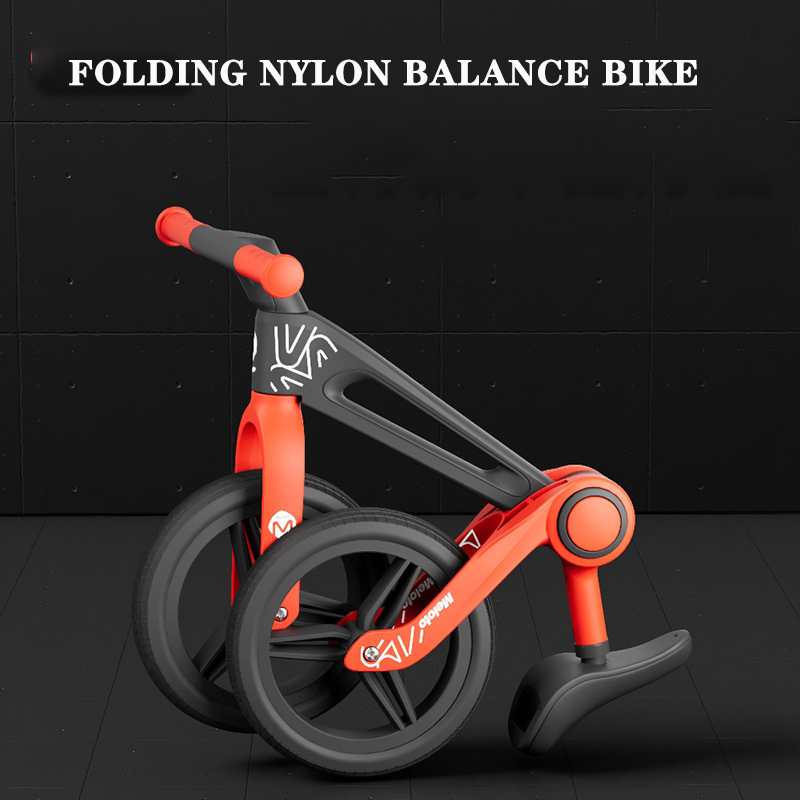Typical Dimensions of Mountain Bikes for Optimal Performance and Comfort
Understanding Average Mountain Bike Dimensions
Mountain biking is one of the most exhilarating outdoor activities, offering both adventure and a great workout. However, to truly enjoy your riding experience, it is crucial to understand the dimensions of mountain bikes. Properly fitted bicycles not only enhance comfort but also increase safety and performance. This article explores the average dimensions of mountain bikes and how they can influence your riding experience.
Frame Size
Frame size is a critical dimension that varies among different types of bikes and significantly affects your posture while riding. Mountain bikes usually come in sizes ranging from extra small (XS) to extra large (XL). The average frame size for adult mountain bikes is typically between 15 to 20 inches (measured from the center of the bottom bracket to the top of the seat tube).
For lighter riders, a smaller frame size enhances maneuverability. Conversely, taller riders benefit from larger frames that provide stability and control. As a general guideline, someone about 5 feet tall may fit an XS frame, while someone 6 feet tall might be more comfortable on a large or XL frame. It's important to test ride different frame sizes to find the best fit.
Top Tube Length
The top tube length is another important dimension that affects the bike's reach. This measurement is taken from the seat tube to the head tube. On average, the top tube length for mountain bikes ranges from 21 to 25 inches, depending on the frame size. A longer top tube may be beneficial for those who enjoy a more stretched-out riding position, while a shorter top tube allows for a more upright and comfortable posture.
Wheel Size
Mountain bikes typically come with wheel sizes of 26, 27.5, and 29 inches. The most common wheel size for average mountain bikes today is 29 inches, known for better rolling efficiency and improved traction over obstacles like rocks and roots. A 27.5-inch wheel, sometimes referred to as 650B, offers a balance between quick handling and stability. Conversely, the 26-inch wheel, once the standard, is now less common but still favored by some for its agile handling characteristics.
average mountain bike dimensions

Frame Geometry
The geometry of a mountain bike—which includes angles such as the head tube angle and seat tube angle—also plays a significant role in how the bike performs. The average head tube angle on a mountain bike ranges from 66 to 69 degrees. A slacker head angle (closer to 66 degrees) offers improved stability during descents, while a steeper head angle (closer to 69 degrees) allows for better climbing capability and agility on tight trails.
Standover Height
Standover height is the height of the top tube from the ground and is essential for riders to mount and dismount the bike comfortably. A general recommendation is to have 1–2 inches of clearance when standing over the bike. The average standover height for mountain bikes varies, but it typically falls within the range of 28 to 35 inches.
Handlebars and Grips
Finally, the width and height of handlebars can influence riding comfort and control. Average handlebar widths for mountain bikes range from 28 to 32 inches, allowing riders to customize their fit depending on shoulder width and riding style. Higher handlebars provide a more relaxed riding posture, while lower handlebars allow for a more aggressive riding position.
Conclusion
Understanding average mountain bike dimensions is crucial for selecting the right bike to enhance your riding experience. The combination of frame size, top tube length, wheel size, geometry, standover height, and handlebar dimensions all contribute to how the bike performs and how comfortable you feel while riding. When selecting a mountain bike, it’s always advisable to test ride different models and sizes to find a bike that suits your individual needs and style. With the right fit, you'll be set to embark on countless thrilling off-road adventures!
-
Why Ride On Toys Are Every Kid’s FavoriteNewsApr.03,2025
-
Why a Mountain Bike is Perfect for Outdoor AdventuresNewsApr.03,2025
-
Why a Baby Tricycle is the Perfect First RideNewsApr.03,2025
-
The Joy of Learning with a Kids Balance BikeNewsApr.03,2025
-
The Fun and Benefits of a Childrens ScooterNewsApr.03,2025
-
Find the Perfect Kids' Bikes for Fun and AdventureNewsApr.03,2025
-
Perfect Color for Your Mountain BikeNewsFeb.27,2025








